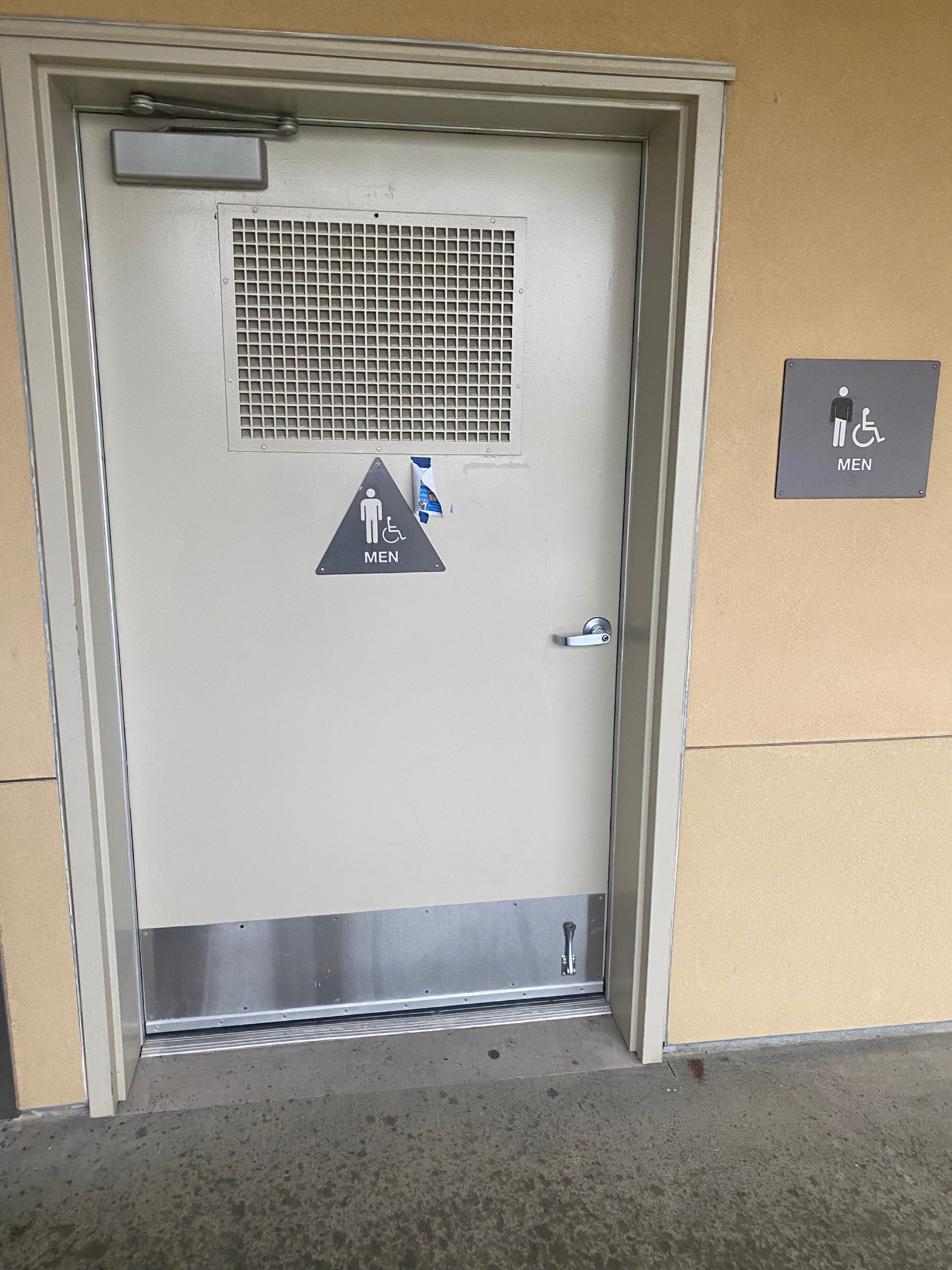Why We Say the Pledge of Allegiance
Eagle time: Mar 8, 2023
Every morning for just under a century, young children are asked to stand, salute, and swear their allegiance to a country they may have lived in for less than a year. Older students recite it also, pledging to serve their home before they are even 18. The country is America, where generations of citizens and immigrants have sworn their allegiance to the Stars and Stripes, every morning for the majority of their lives.
According to ThoughtCo, Rethinking Schools, and UpCounsel, the Pledge was first introduced in 1892 by Francis Bellamy, an American socialist. The Pledge of Allegiance was designed to promote patriotism for the first Columbus Day, held on the 400th anniversary of Columbus’s landing in America. This version of the Pledge was shorter and lacked certain phrases.
The Pledge was widely accepted and went through several changes over the next 60 years. By 1954, the phrase “under God,” was added, and children recited the Pledge of Allegiance every morning.
While the Pledge has faced legal challenges over the years, the only change made in recent years has been whether or not students are forced to stand. Today it is their choice, but many do so anyway.
Several students were asked whether or not they stand each day. One of the students asked to remain anonymous due to discomfort with having their name published. When asked whether they stood each day, they said, “No.”
Other students said yes, including Timothy Dowd and Marcos Ramos. When asked why he stood for the Pledge of Allegiance, Dowd said, “I don’t know, it’s just kind of a dumb random thing. It just doesn’t make much sense to me.”
Ramos had similar justifications. “[It’s] more of a habit at this point, [but] I have been doing it less,” he said. Generally, students don’t know why the Pledge exists or why they stand at all.
But if that’s the case, would anyone remove the Pledge from the morning routine? “I don’t even realize it happens,” said the anonymous respondent. “No, I wouldn’t care either way.”







































